President Donald Trump’s Middle East sprint from May 13 to 16, 2025, was a dealmaking masterclass, landing nearly $2 trillion in investments from Saudi Arabia, Qatar, and the United Arab Emirates.
This wasn’t just a cash grab; it was a geopolitical gut punch to Iran, cementing America’s grip on the region. With $600 billion from the Saudis, $200 billion from Qatar, and $1.4 trillion from the UAE, Trump’s playing 4-D chess, turning Gulf wealth into a weapon to squeeze Tehran without a fight.
Iran’s fuming, and the U.S. has never held more cards.
The deals are massive. In Riyadh, Trump secured $600 billion, including $142 billion in arms.
Qatar’s $200 billion order for 160 Boeing jets was a “huge win for American workers,” he said in Doha.
The UAE pledged $1.4 trillion for AI, aviation, and infrastructure, with Trump noting in Abu Dhabi:
“We’re making great progress for the $1.4 trillion that UAE has announced it intends to spend in the United States.”
He summed it up:
“We’re setting records on this trip. We’re bringing a lot of investment back into the USA.”
Compared to his 2017 Saudi deal—$380 billion—this is a whole new league, and Iran’s the target.
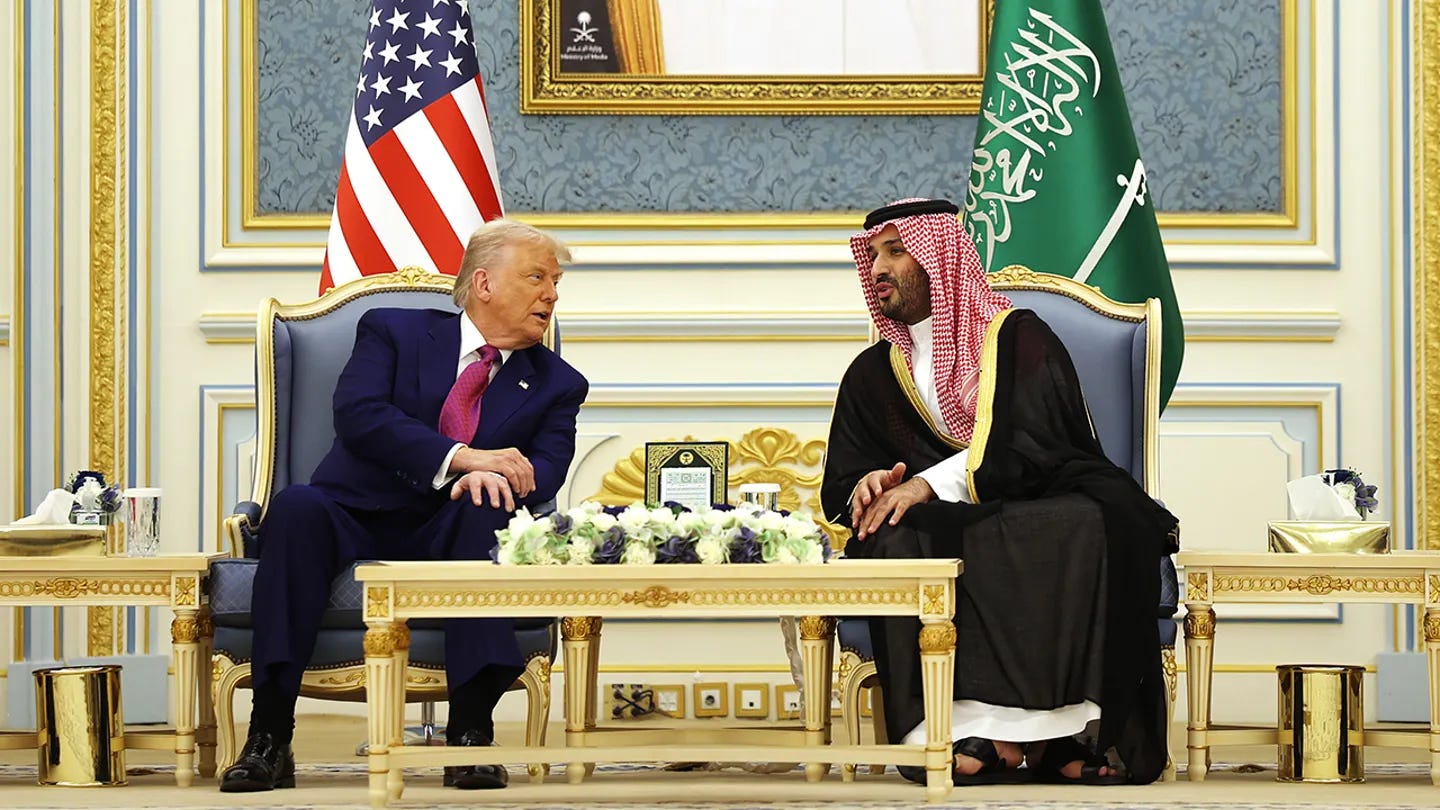
Iran’s Supreme Leader Ayatollah Ali Khamenei came out swinging, blasting Trump on May 17 in a rare speech. “The remarks of the American president who said, ‘We want peace,’ are lies and deception,” he raged, calling them “a source of shame for America.”
He vowed, “America must leave the region—and it will.” This outburst shows Tehran’s rattled. Iran’s economy, scraping by at $400 billion last year, can’t touch the Gulf’s oil wealth.
Trump’s deals chain Saudi Arabia, Qatar, and the UAE—Tehran’s rivals—to America, building a bloc that strangles Iran’s sway in Iraq, Syria, and Lebanon.
Here’s the 4-D chess. The $2 trillion isn’t just money; it’s power. The investments juice up the Abraham Accords, Trump’s 2020 deal linking Israel with the UAE and Bahrain, with Saudi Arabia now leaning in.
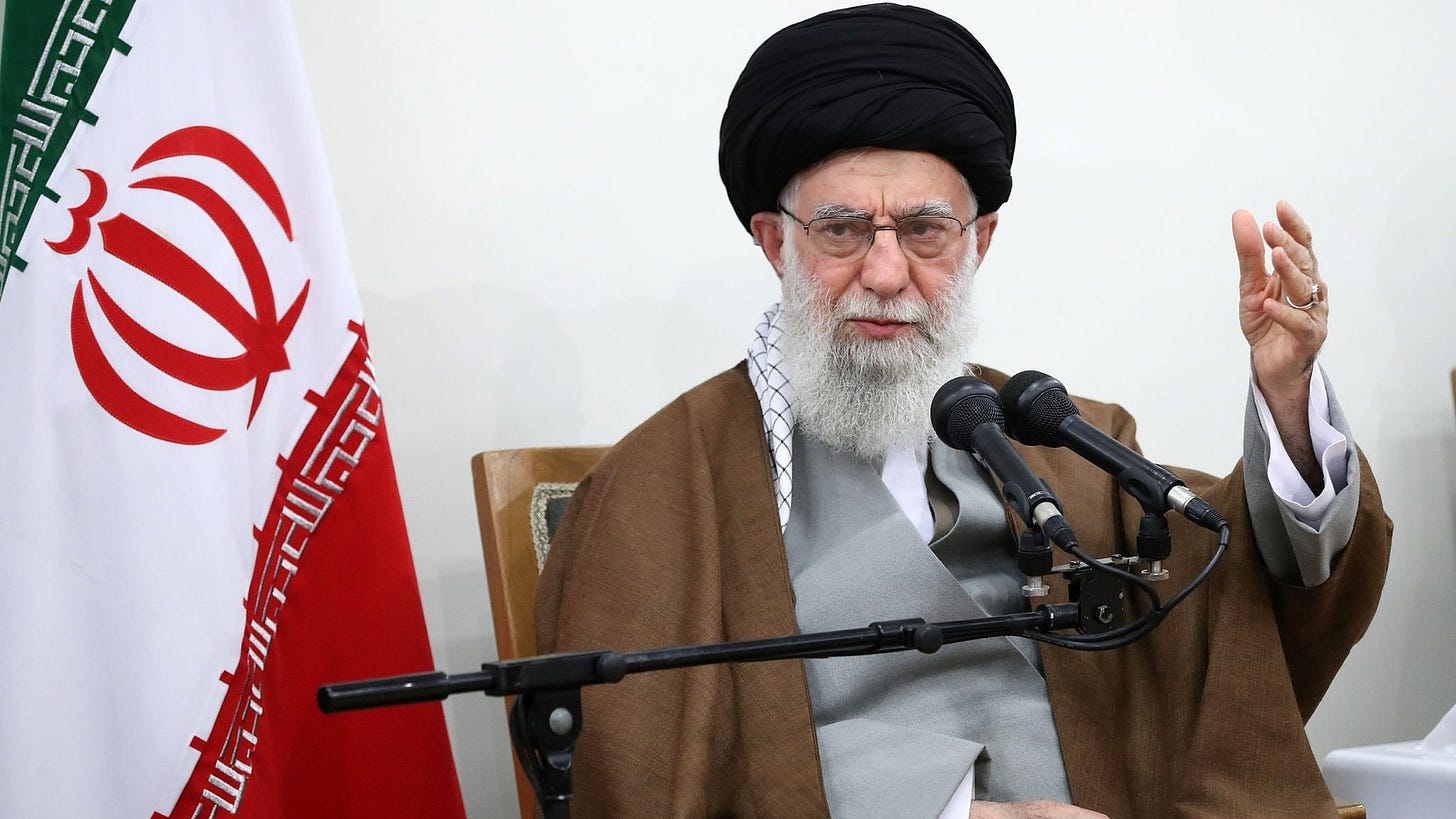
“We’re bringing peace and prosperity to the Middle East like never before,” Trump said in Riyadh. That prosperity—missile shields, AI hubs, energy pipelines—boxes in Iran, countering its missiles and hackers.
The UAE’s $1.4 trillion funds tech to stop Tehran’s cyberattacks, while Saudi arms deals block Iran’s drones.
Khamenei’s tirade masks a grim reality. Sanctions have gutted Iran’s oil exports, inflation’s at 40%, and its proxies—Hezbollah, Houthis—are stretched thin.
Trump’s piling on, pressing Iran on nuclear talks: “They have to move quickly,” he warned in Abu Dhabi. He even claimed Iran “has sort of agreed to the terms” of a deal, though that’s murky.
“Iran is weaker today because of the pressure we’ve applied,” a senior Trump official said during the trip. If Tehran’s budging, it’s because the Gulf’s cash is a noose.
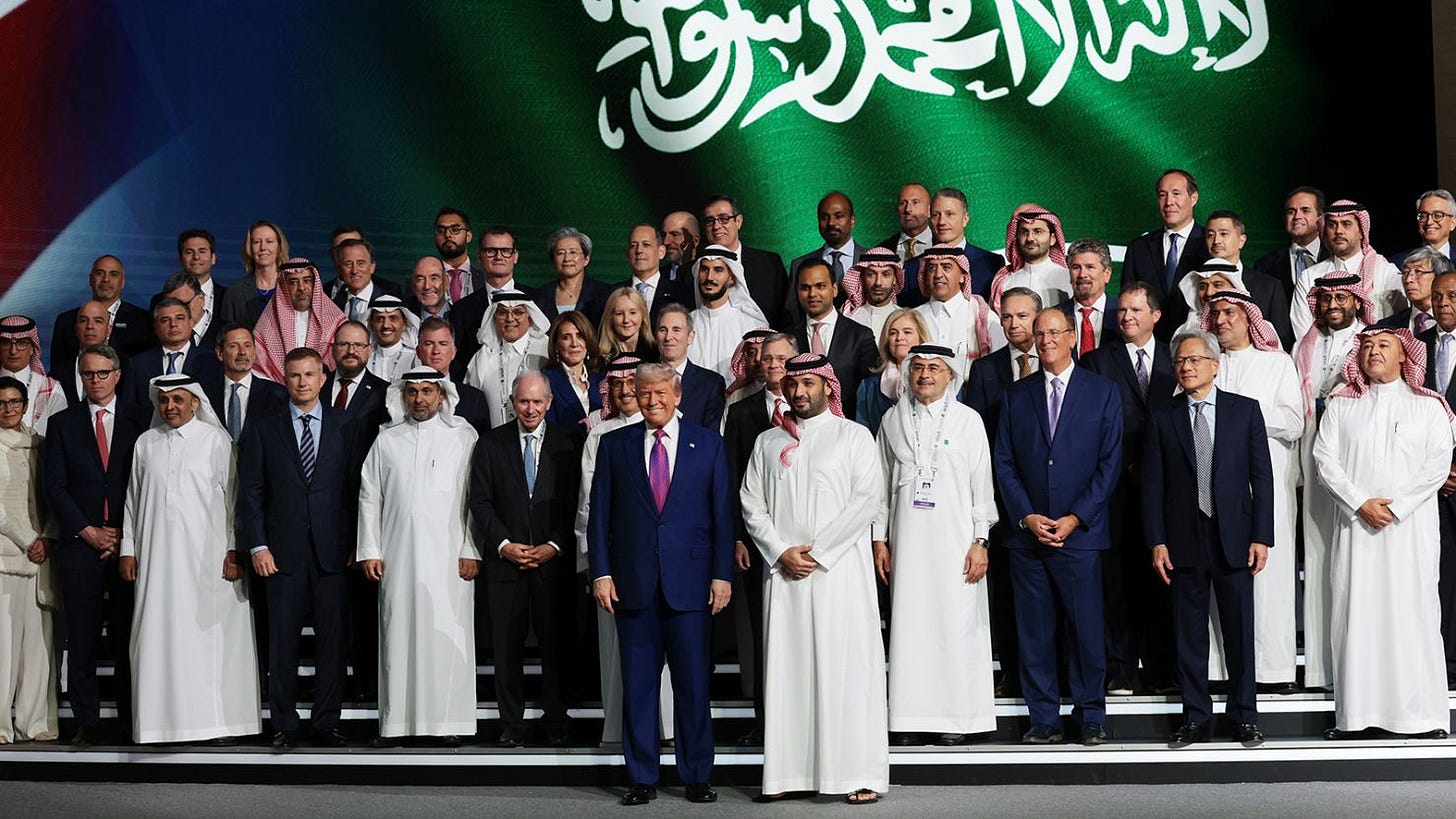
The strategy’s slick—economic, not military. Forget invasions or soft talks. Trump’s using Gulf dollars to dominate.
The $2 trillion sparks American jobs, tech, and clout, letting Washington call the shots. Energy deals hit Iran hardest.
Saudi and UAE bets on U.S. green tech, like hydrogen, cut demand for Tehran’s oil, starving its budget. “We’re making America the energy leader again,” Trump said in Qatar.
Gulf leaders are locked in. Saudi Arabia’s $600 billion shows trust from Trump’s 2017 visit. The UAE’s pledge reflects “confidence in America’s leadership,” an official said.
In Tehran, it’s hopelessness. A shopkeeper last year groaned, “Sanctions, prices, no jobs—we’re trapped.” Trump’s deals don’t just isolate Iran’s regime; they break its spirit.
Trouble’s not off the table. Gulf rulers could face unrest, and Iran’s cagey. Khamenei’s vow hints at trouble—cyberattacks, Houthi drones, or Strait of Hormuz chaos.
“Iran’s backed into a corner, which makes them dangerous,” a former U.S. diplomat warned. Trump’s talk of $4 trillion raises eyebrows, and nuclear deal claims are shaky. But $2 trillion is real, and it’s a game-changer.
Trump’s turned Gulf cash into a hammer against Iran. “We’re making America great again, and the world respects us,” he said in Riyadh. This trip, his first big swing of term two, has Tehran reeling. It’s 4-D chess, and Iran’s outplayed.
Please leave your opinions / comments on these stories below, we appreciate your perspective!


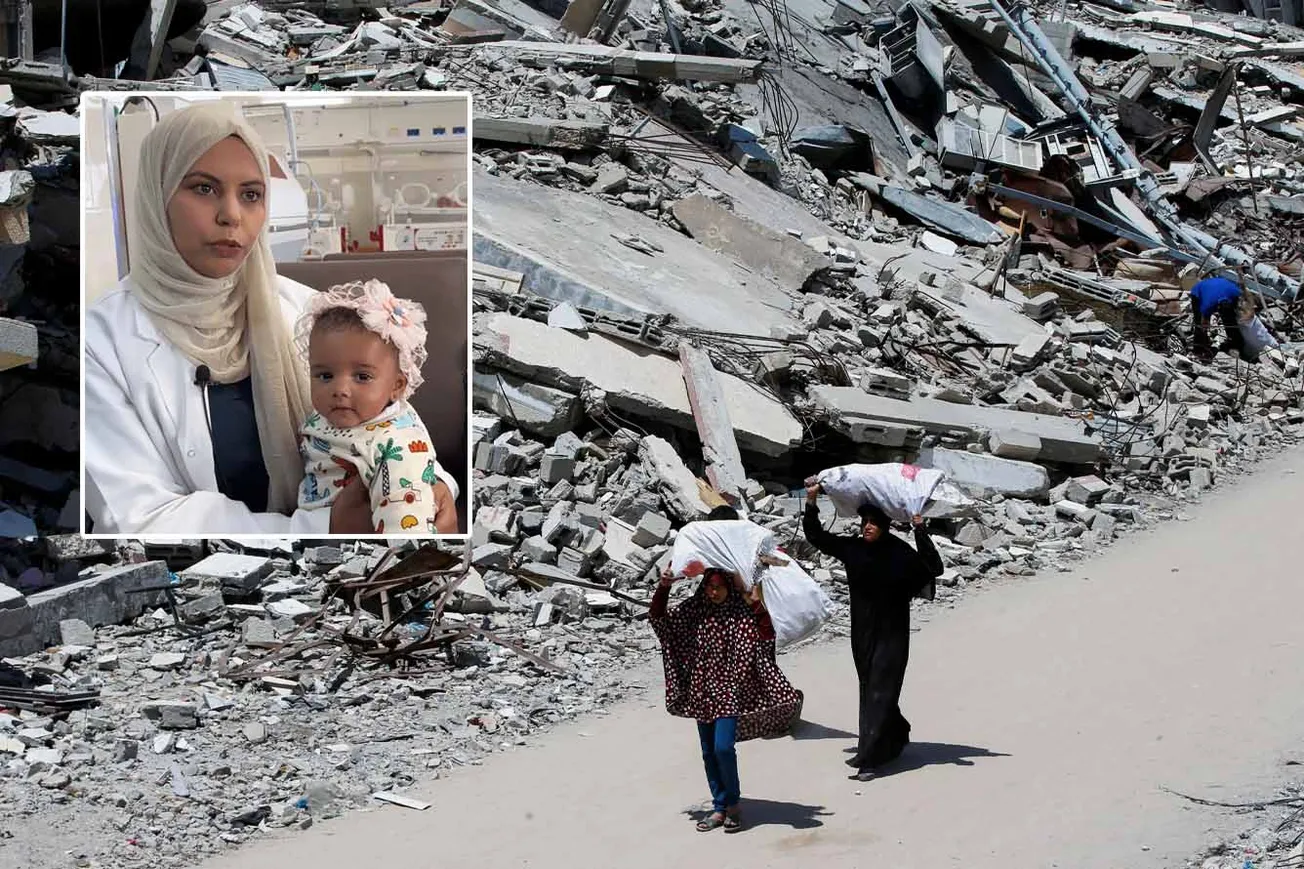
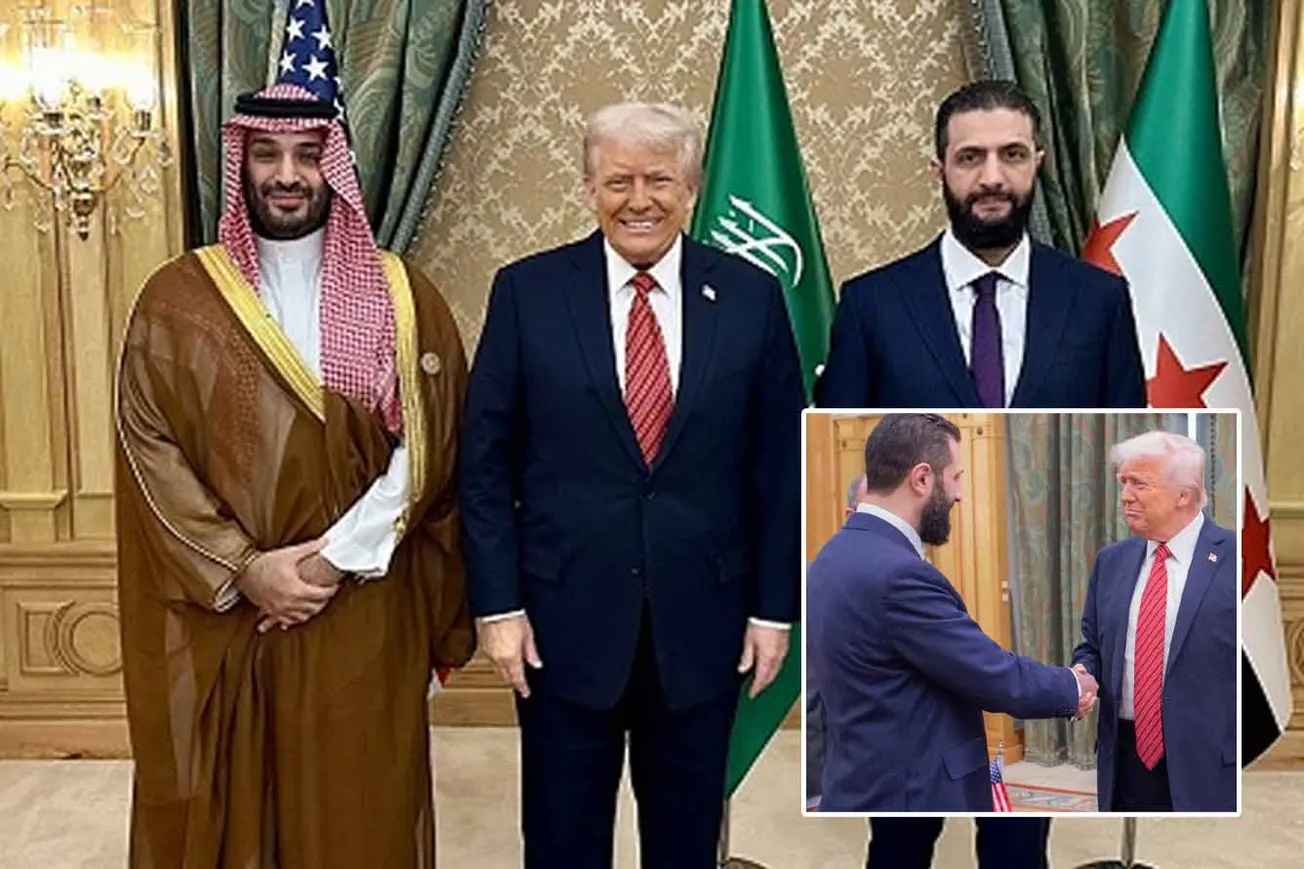


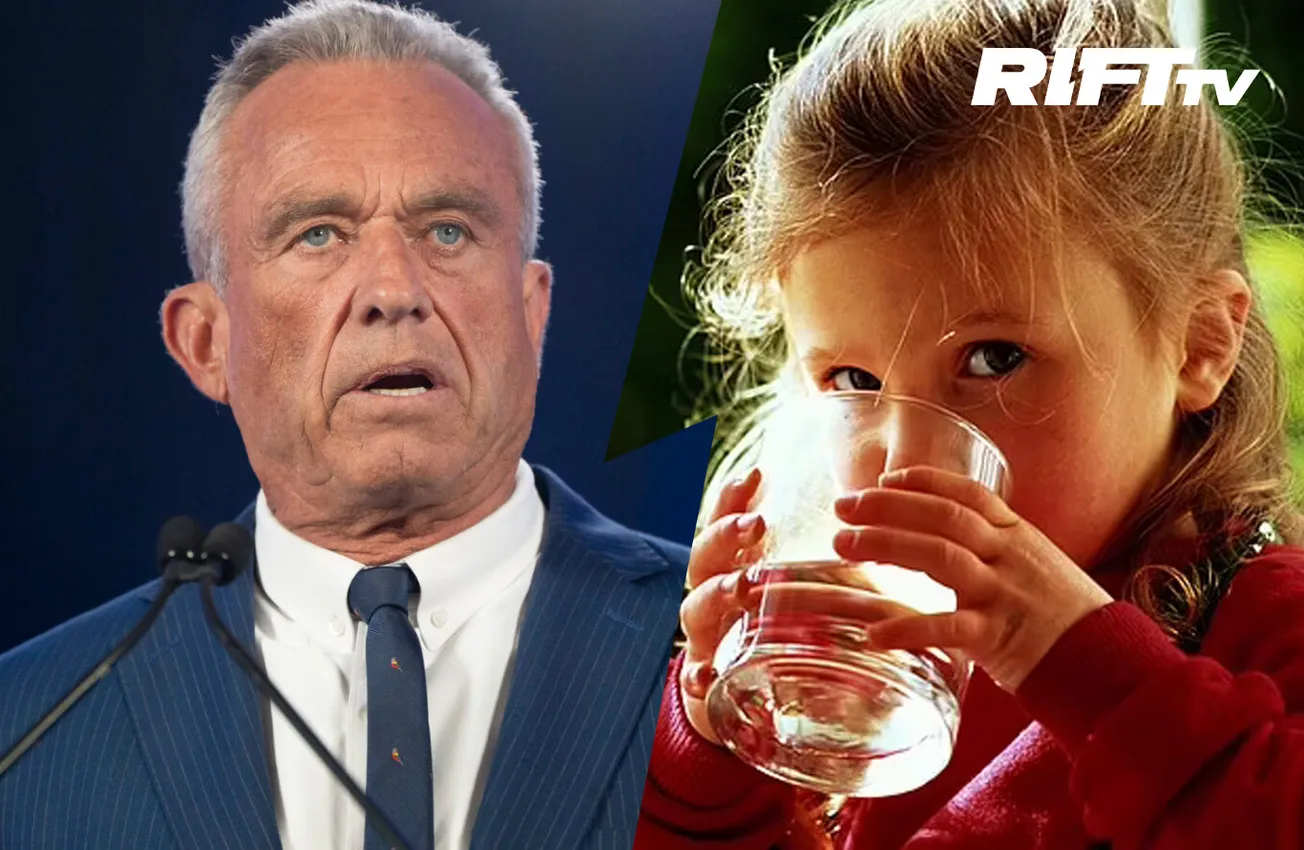


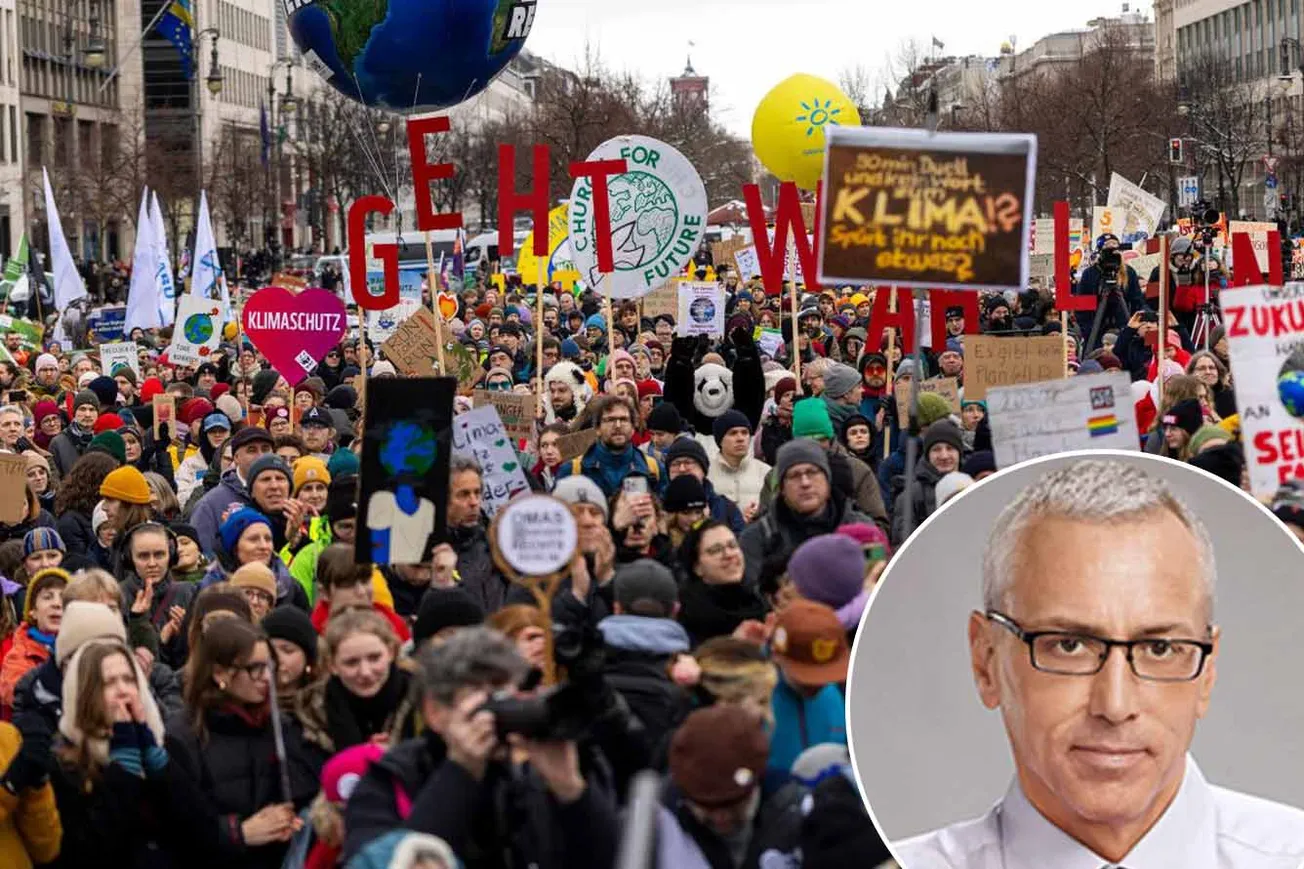

Conversation